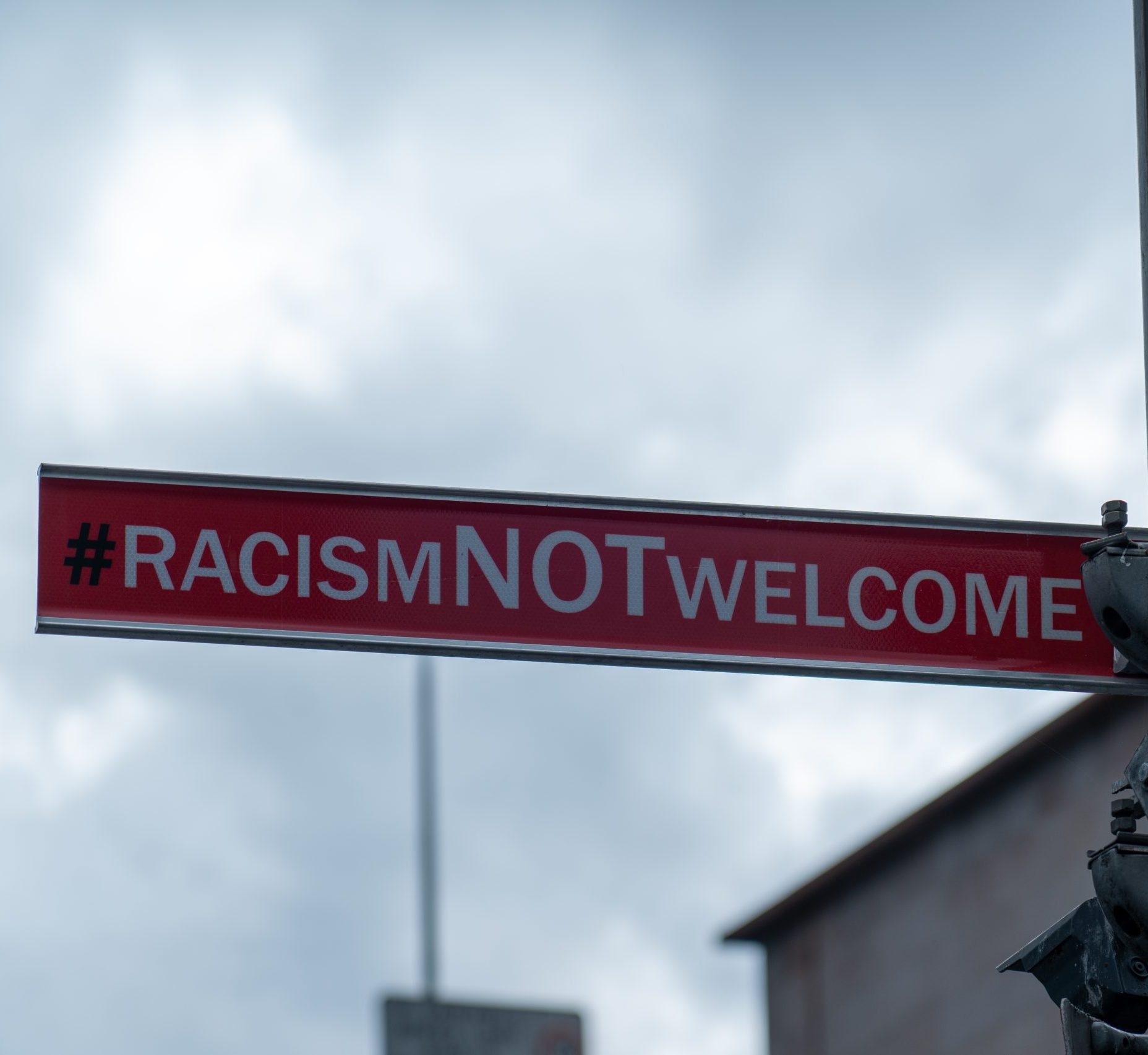Safe routes for all: Safeguarding Palestinians and the right to migrate
Written by: Caroline Echwald

In this article, we delve into the urgent call for fair and compassionate immigration policies, particularly focusing on the need to establish safe routes for Palestinians in Gaza to reunite with their families in the UK. As the geopolitical instability and future, environmental changes persist, it gives rise to consider how this lack of pathways for Palestinian highlight the stark absence of safe and ‘legal’ routes, for migrants whether or not they fit into the convention definition of a refugee.
The situation in Gaza has reached a critical juncture, with more than 32,000 killed, civilians are experiencing an unimaginable level of violence, famine and displacement. The bombardment of residential areas, infrastructure, and essential services has left thousands homeless and injured, adding to an already dire humanitarian crisis in the region. Families are torn apart, children are traumatised, and the prospects for a peaceful resolution seem still too remote to allow any level of respite for Palestinians in Gaza.
As the world watches the devastating toll of a possible genocide unfold, the differential treatment of people fleeing the violence of war has come under scrutiny. In recent weeks there has been a growing call from civil society organised by Gaza Families Reunited to implement visa schemes akin to those extended to Ukrainian refugees facing the violence of Russia’s invasion. The prompt government initiative to grant visas and asylum pathways to Ukrainian refugees has been widely applauded as a commendable policy of solidarity and humanitarianism. The refusal so far to extend similar pathways to Palestinians, should likewise be acknowledged as a deliberate policy choice.
National interests deeply influence the willingness of states to accept some as ‘genuine’ ‘deserving’ refugees while making others into suspects, unjustly discarding them as ‘just migrants.’ While some argue that geopolitical complexities and security concerns justify such restrictive immigration measures, the reality is that these policies directly impact the safety of vulnerable migratised people and the inherent right to migrate safely. We must emphasise that it is incumbent upon governments to uphold their moral and legal obligations to protect rights regardless of the geopolitical context and additionally, that the right to find safety and opportunity must be understood to extend beyond the confines of convention definitions, recognising all migrants’ need for safe routes, upholding of their rights as legitimate, and providing an opportunity for each of us to reach our human potential.
In his latest piece, Seraphus director Christopher Desira argued that (following international law) mechanisms and routes to safety for migrants of all kinds should already be in place to reflect the inherent right to migrate safely. But, while the international community of states following international law shouldensure the protection of all humankind and their rights, territorial and state boundaries have developed exclusions based on arbitrary rules of citizenship and convention grounds, leaving countless others with no protection at all.
This gap where individuals are excluded from both protection as citizen and as refugee where many migrants find themselves, disproportionately affects racialised populations. As we have explored in a recent article, the discriminatory nature of the immigration system means that the race and ethnicity of those seeking to go to the UK plays a significant role; it impacts their treatment once in the UK, but even before arriving, it affects the possibility of getting to the UK safely.
As the lack of safe pathways underscores, this includes Palestinians despite long being recognised as a displaced population; the establishment of the UN Relief and Works Agency (UNRWA) in 1948 specifically aimed to support Palestinian refugees, acknowledging their historical displacement. In fact, the vast majority of Palestinians in Gaza, are internally displaced people, descendants of people fleeing violence in 1948 at the establishment of Israel. It is important to recognise that Palestinians have a deep attachment to their land after experiencing decades long displacement. As refugees of 1948 are still prevented from returning to their homes, many living through the current threats of famine and violence are either choosing to stay or are reluctantly fleeing fearing the possibility that they too might never be able to return or die trying to flee. This fact should not take away from the principle that everyone has a right to move and that those who have the option available to them to leave Gaza, should be able to do so via safe routes that reflect that right to move, enabling the option to reunite with family members in the UK.
The crisis in Gaza serves as a stark reminder of the urgent need for a more humane approach to immigration. By extending visa schemes and providing safe routes not just for those become displaced, but who wish to achieve their human potential, government can reaffirm their commitment to the principles of international law, inherent rights, and human dignity. Thus, we call on the government to establish safe pathways for all who require a safe migration route, whether they are Palestinian, Ukrainian or any other nationality.
-

From words to violence: How racist rhetoric and scapegoating is fuelling the ongoing far-right violence
Written by: S. Khan
In response to the recent surge in organised racist, Islamophobic and violent riots across the United Kingdom, we, Seraphus, stand in solidarity with those targeted by these despicable acts. The disturbing wave of far-right violence has not only inflicted fear upon racialised communities but has also attacked the institutions dedicated to supporting migrants and asylum seekers. Attacks […]Read article -

What will a new Labour government mean for UK immigration policy?
Written by: Caroline Echwald
The Labour Party’s landslide victory in the recent general election has the potential to mark a turning point for UK immigration policy. With a clear mandate, Keir Starmer’s government is could implement changes to reshape the UK’s approach to asylum, skilled workers, and broader immigration issues. But will they? Or will they instead sell surface […]Read article -

Racial discrimination in the UK immigration system
Written by: Caroline Echwald
The United Kingdom, a racially and ethnically diverse nation, has long grappled with accusations of racism within its immigration system. Recent legislative developments have once again brought this issue to the forefront. In this article, we mark the week of International Day for the Elimination of Racial Discrimination by delving into the evolving landscape of […]Read article
